New Industrial Fellowships highlight breadth of technological challenges addressed by engineering

Designing for circular consumption in the home environment, decarbonising air travel, and improving the design of wind turbines and new methods of water treatment are just four of the challenges being addressed by researchers who have been awarded the Academy’s latest Industrial Fellowships.
The 19 projects supported by the fellowships also include ways to develop anti-viral paint, improve methods of hydrogen storage, and tackle the thorny issue of how to keep our buildings heated more efficiently and sustainably whilst maintaining air quality.
The full list of 2021 awardees, partners and projects is as follows:
Dr Marco Aurisicchio, Imperial College London and Procter & Gamble
Design for circular consumption in the home environment
This programme aims to develop a new approach to the design of consumer goods, which supports more efficient use of water, energy and materials during the consumption phase. It achieves this by combining research in systems thinking, engineering design for a circular economy and consumer science.
Dr Nicholas Bazin, AWE and University of Bristol
Enhanced x-ray detection from transparent ceramics.
X-ray computed tomography is a powerful, non-destructive detection technology. However, dose limitation can prevent optimal application in industries including medical, industrial inspection and nuclear security. This project will seek to optimise the doping of x-ray sensitive ceramics and subsequent manufacture of transparent detectors for enhanced, efficient x-ray detection.
Dr Adrian Boyd, Ulster University and Axial3D
3D printing bespoke medical devices
3D printing enables complex and customised medical devices to be manufactured quickly and easily and is expected to revolutionise the medical device industry. This project aims to develop new application areas for 3D printing of medical devices and has the potential to enhance patient outcomes and, ultimately, quality of life.
Dr Zuansi Cai, Edinburgh Napier University and Centrica Storage Limited
Unlock the potential of Rough’s gas facility with hydrogen storage
Hydrogen is set to play a key role to the UK net zero strategy for 2050. Building on a newly developed numerical simulator, this collaboration aims to assess the performance of the Rough gas facility as a hydrogen storage facility for balancing interseasonal supply and demand.
Dr Mark Chattington, Thales and University of York
Human-machine teaming for robotic and autonomous systems
Robotic and Autonomous Systems have the potential to impact society in a range of sectors, but designing successful systems is challenging, costly and time consuming. This multi-disciplinary project brings together human factors, psychology, and computer science to address these issues and build user-centric systems. It will enhance model-based approaches to design and verification, specifically, RoboStar, to consider humans in the loop.
Dr Amanda Clare, Aberystwyth University and Dŵr Cymru Welsh Water
Advanced statistical process control for water treatment
Drinking water is monitored at each stage of treatment for flow and quality parameters, such as residual coagulant, turbidity, pH and chlorine concentration. This project will investigate automated detection of anomalous sensor readings, accounting for expected variability of the data, changing conditions and confounding effects between parts of the treatment plant.
Dr Felicity de Cogan, University of Birmingham and Indestructible Paint
Developing novel antiviral paints
The Covid-19 pandemic has highlighted the importance of hygiene. Surfaces around infected people have been shown to contain high levels of virus and provide a potential transmission route. This project aims to develop a novel antiviral paint that can be applied to surfaces to prevent the spread of the disease.
Dr Fang Duan, London South Bank University and InSight Analytics Solutions Limited
Physics-informed data-driven methods for condition monitoring of wind turbine generators
A novel condition monitoring method will be applied to wind turbines to increase reliability and hence reduce the operational cost of wind renewables. The project outcomes will consolidate the competitive edge of ONYX in the global market and enable new initiatives in problem-based learning at London South Bank University.
Dr Martin Dutko Rockfield Software and Aberystwyth University
Modelling of fluid-driven fracture in environmental applications
Predicting fracture growth driven by pressurised fluid is important for understanding the impact of many industrial and natural processes on the environment, such as carbon underground storage. This project aims to develop computational methods to improve the safety of such storage by reducing rock fracturing due to CO2 injection.
Dr David Evans, IDIADA Automotive Technology UK and Coventry University
Engineering safe and secure vehicular platoons
As vehicles reach higher levels of autonomy and increased forms of connectivity, connected vehicle platooning will enable semi-autonomous vehicles to drive in convoy for economic gains in logistics. This research will focus on the combined safety and security of platoon vehicles, which is paramount for real world public road deployment.
Dr Rupert Gammon, De Montfort University and OX Global Ltd
Solar-powered Mobility-as-a-Service for Africa (Solar MaaS)
Wealth creation in emerging markets may be catalysed through a symbiotic relationship between solar energy and electric vehicles. This project combines international development, solar-powered minigrids and electric vehicles with learning from OX Global’s pilot of mobility-as-a-service (MaaS) in Rwanda using its purpose-designed electric truck.
Dr Zhiwei Gao, University of Glasgow and Geowynd
Offshore-foundation design using state-of-the-art constitutive models: embedding advanced numerical approaches
Offshore wind power is at the forefront of the UK strategy to reach net-zero. Offshore wind turbine foundations contribute around 25% to the capital costs of wind farms and optimisation of their design is key. This project aims to develop and implement a practical constitutive model for turbine foundation design using finite element modelling.
Dr Cat Gardner, Rolls-Royce Plc and Loughborough University
Sustainable next generation combustion systems for aero gas turbines
The aviation industry is committed to reducing emissions and achieving net zero carbon by 2050. Dr Gardner will develop novel and ambitious concepts for future aero gas turbine combustors to support the decarbonisation of air travel, while maintaining today’s high standards of operability and reliability.
Dr Vitaliy Kurlin, University of Liverpool and Cambridge Crystallographic Data Centre
Data science for next generation engineering of solid crystalline materials
This fellowship will implement a new data science-based approach to crystal design by using a recently developed continuous classification of crystals. The emerging area of periodic geometry provides a geometric map in which all known and potential periodic crystals have uniquely defined locations, similar to Mendeleev’s table of chemical elements.
Dr Asim Mumtaz, University of Liverpool and Semefab Ltd
Novel devices using wide band gap semiconductors
Wide band gap semiconductor materials such as gallium nitride (GaN) have tremendous material properties that are attractive for high-efficiency power conversion and other applications such as in the space sector. This project will develop fabrication processes and designs for novel devices.
Dr Abhishek Tiwary, De Montfort University and JenAct Ltd (Jenton Group)
Enabling hybrid autonomous non-conventional system for cleaner indoor environment
Environmental legislation is pushing the space-heating market away from fossil fuels, while Covid-19 has made us keenly aware of the benefits of clean air. This project will conceptualise and develop a novel air warming and sanitising system, combining complementary capacities in ultraviolet (UVC) technology, air pollution control and heating. It will potentially impact in transforming the future of indoor air warming and cleaning simultaneously.
Dr James Yu, SP Energy Networks and University of Glasgow
Smart and integrated energy systems for heat and electricity
In the UK, electricity generation currently accounts for about 27% of the carbon emission, while heat is responsible for 37% of the carbon emission. A smarter integrated energy system between heat and electricity is an obvious key step towards a zero carbon economy. This project will identify the industrial resources involved in integrating electricity and heat systems and aims to understand and address the underlying technical, economic, and regulatory challenges of integrating two currently separate planning and operational regimes to form one smart system.
Notes for Editors
- The Royal Academy of Engineering Industrial Fellowships scheme enables mid-career academics and industrialists to undertake a collaborative research project in either an industrial or academic environment, where one party would host the other. The scheme aims to strengthen the strategic relationship between industry and academia by providing an opportunity to establish or enhance collaborative research between the two parties.
- The scheme is open to engineers from all disciplines
- Awards can be held from six months to two years, full-time or part-time
- The Academy will contribute up to a maximum of £50,000 (per-annum) towards the basic salary costs (excluding overheads) of the applicant, paid pro-rata against the amount of time to be spent at the host organisation. The total award is capped at £100,000 for awards that exceed one year in duration.
- The Royal Academy of Engineering is harnessing the power of engineering to build a sustainable society and an inclusive economy that works for everyone. In collaboration with our Fellows and partners, we’re growing talent and developing skills for the future, driving innovation and building global partnerships, and influencing policy and engaging the public. Together we’re working to tackle the greatest challenges of our age.
Media enquiries to: Pippa Cox at the Royal Academy of Engineering Tel. +44 207 766 0745; email: [email protected]

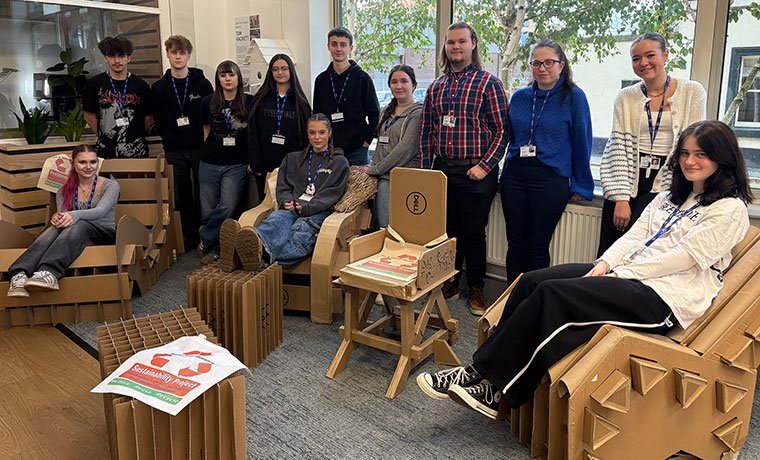
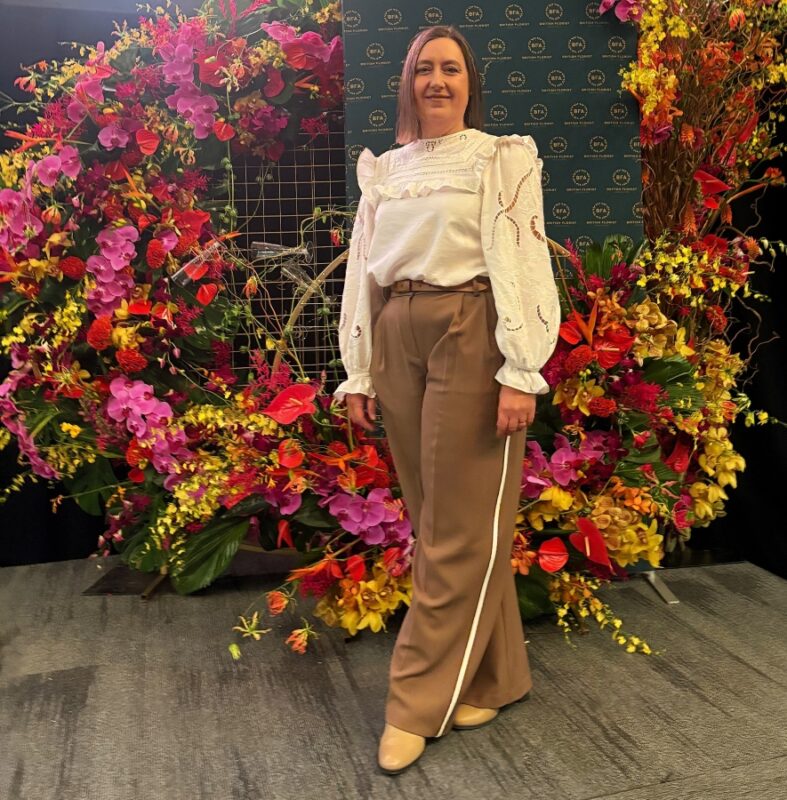
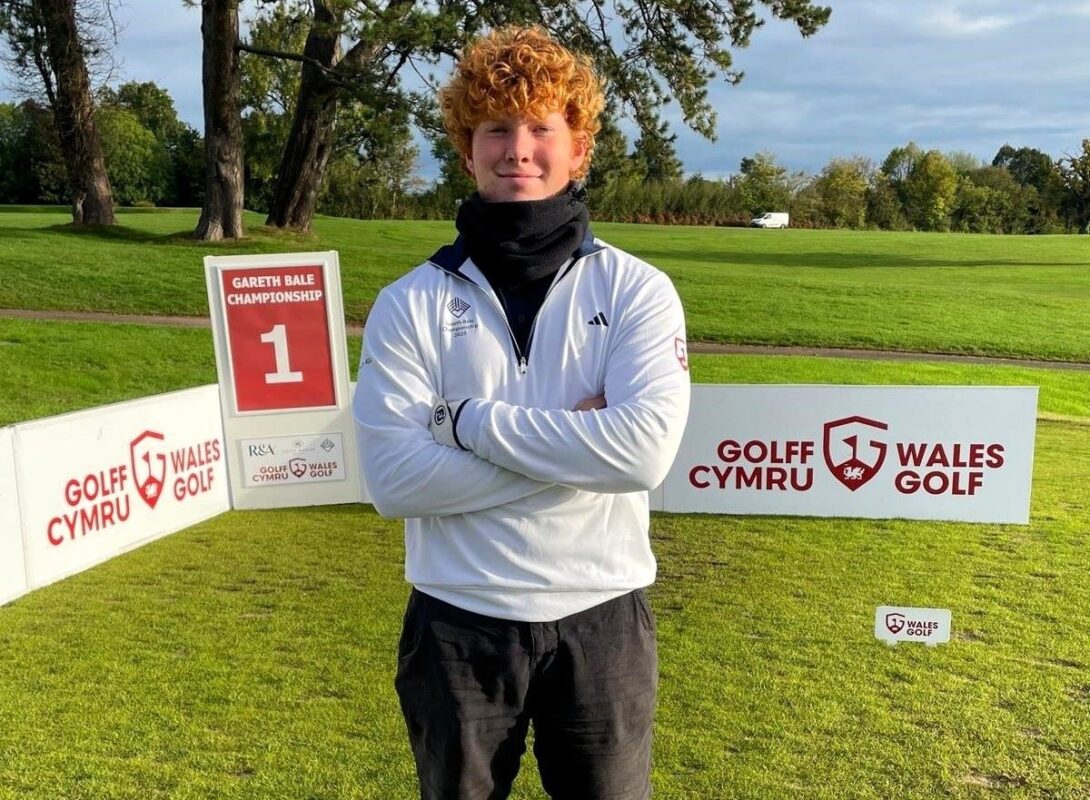
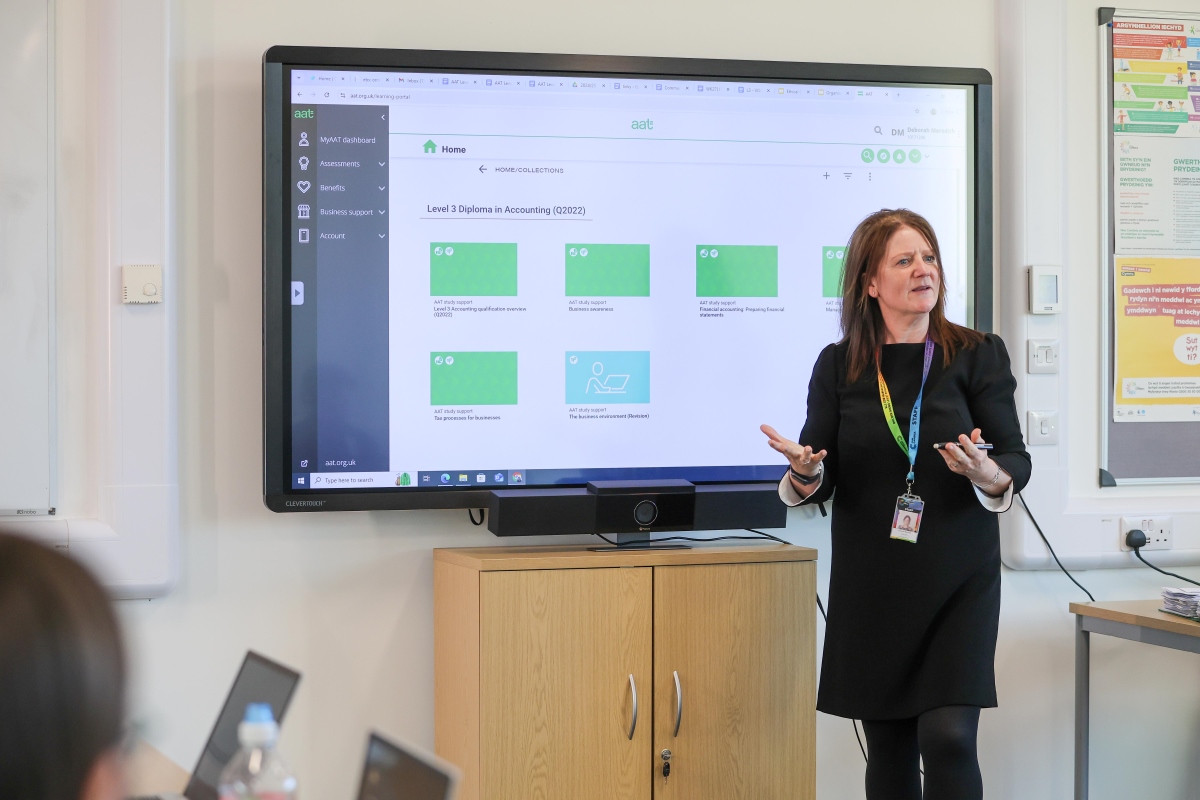
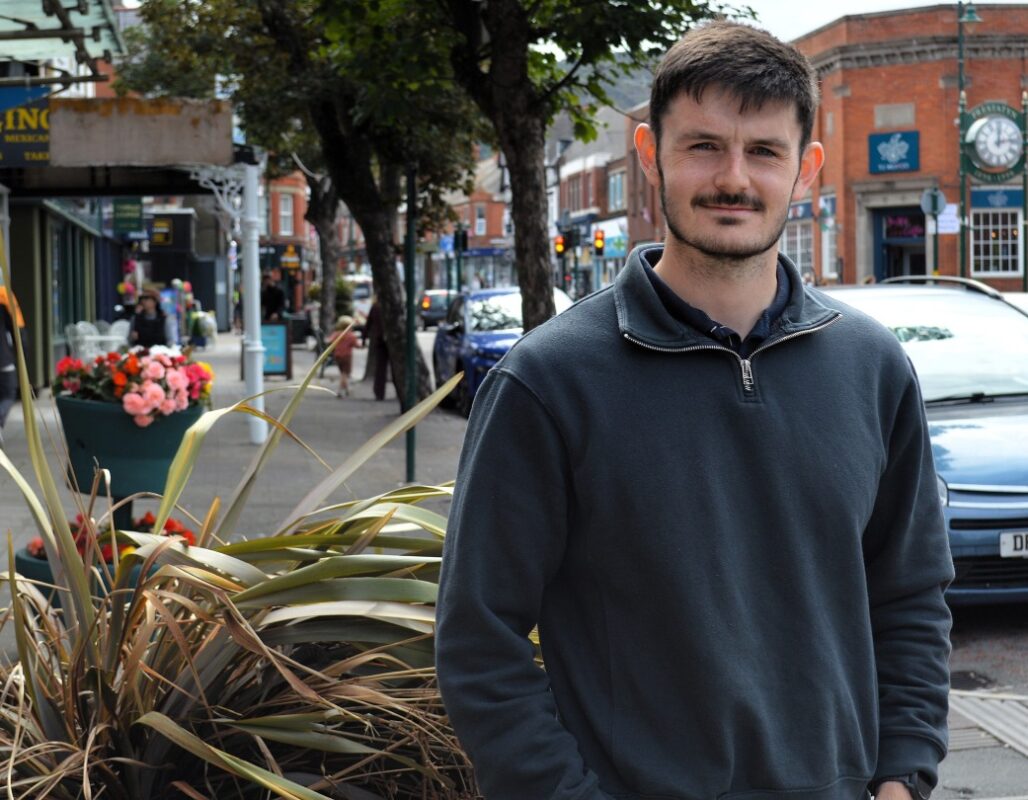
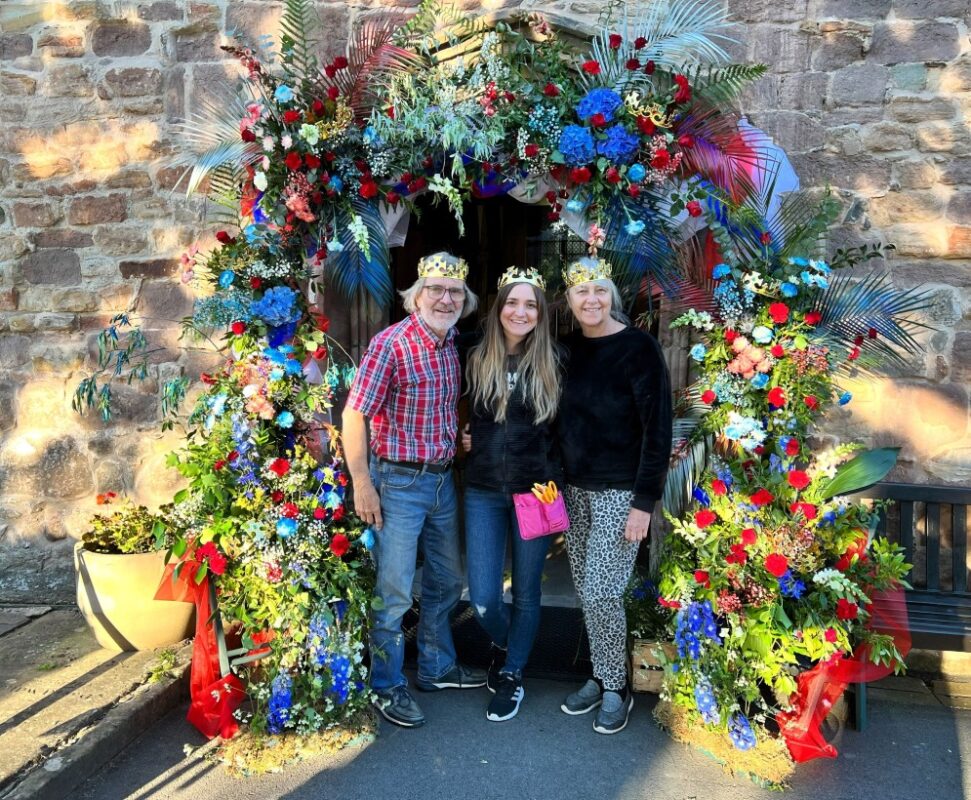
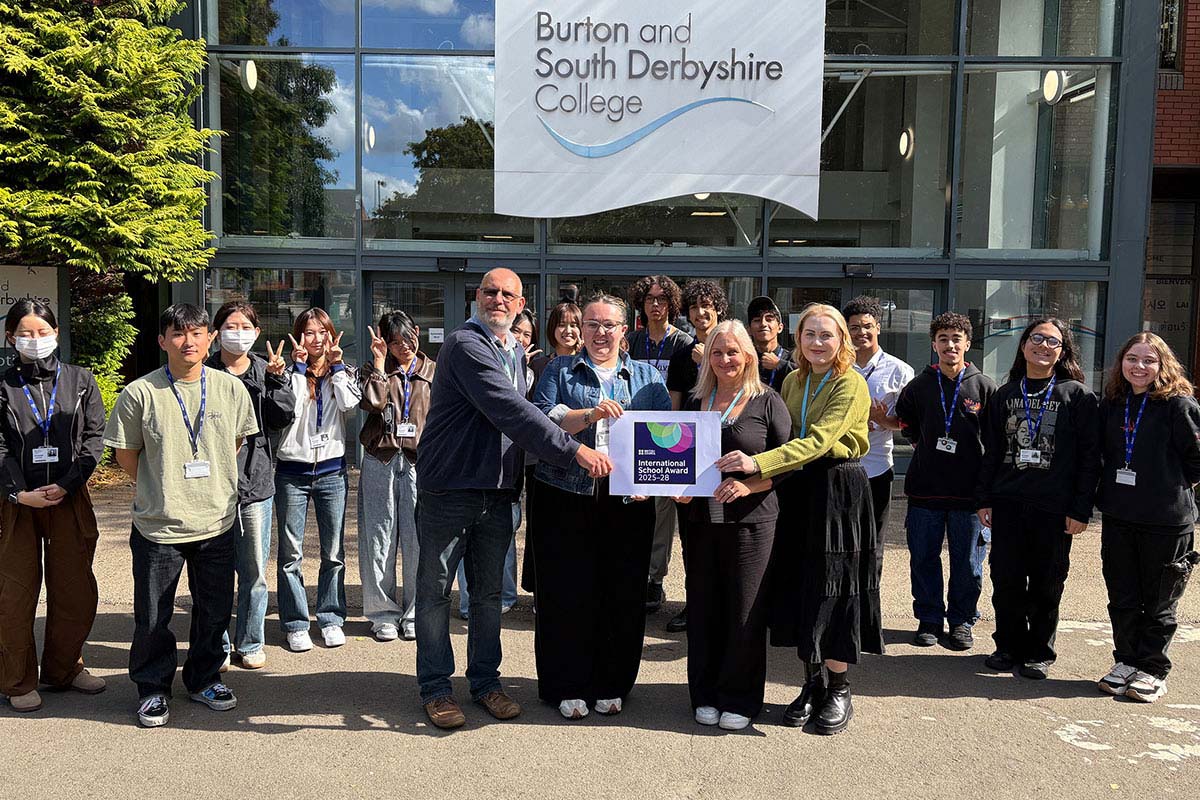
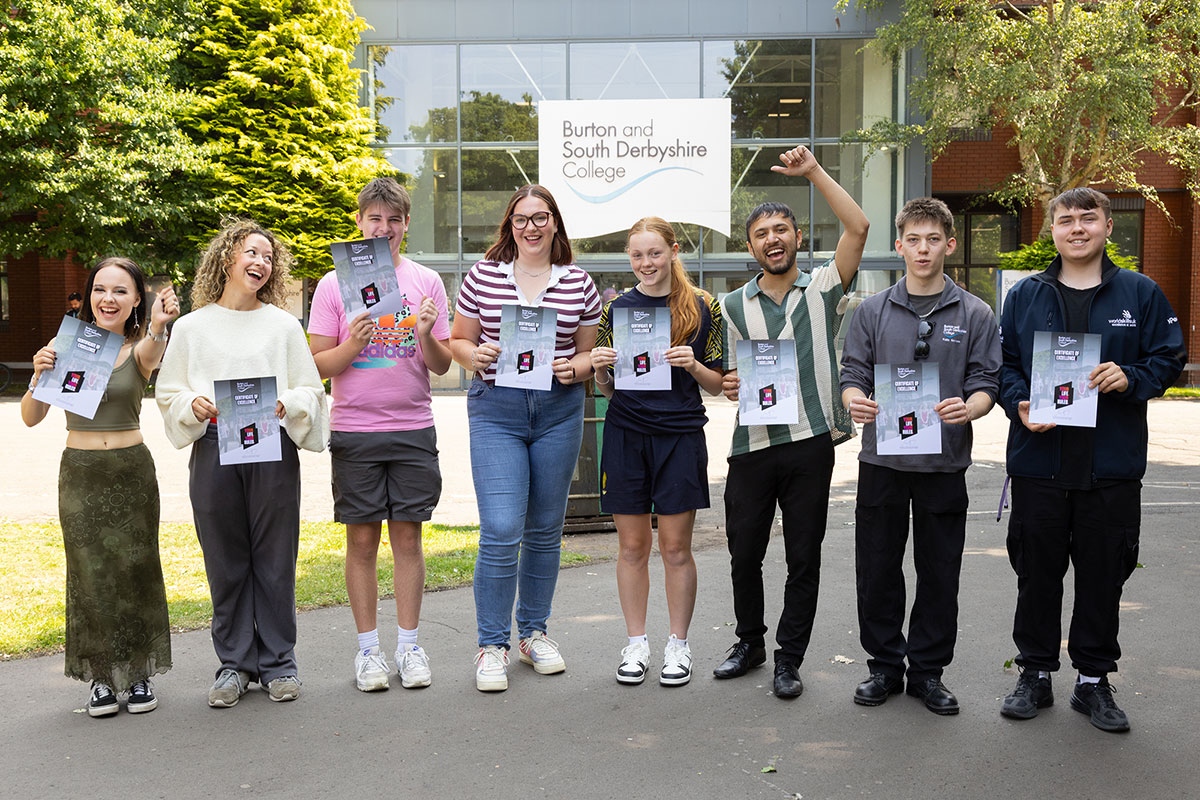
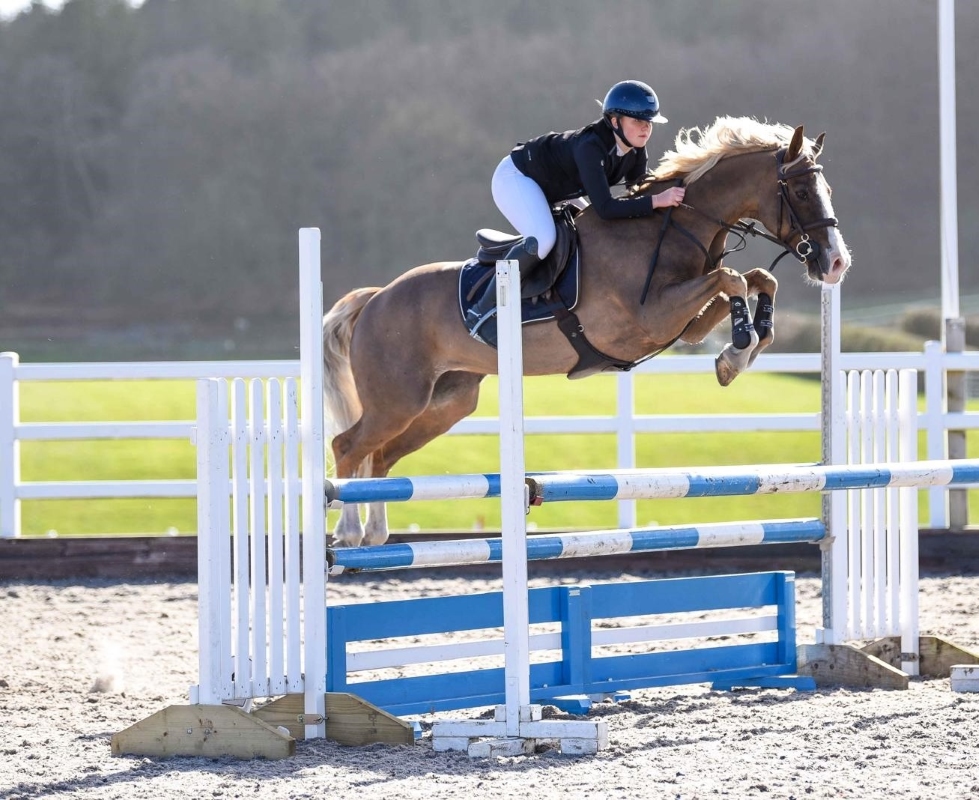

Responses